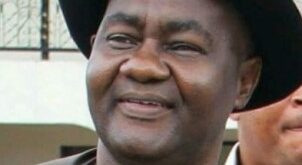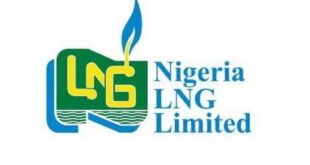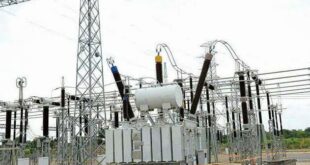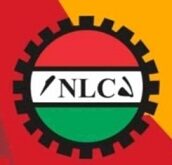By John Amaowoh, Port Harcourt
Stakeholder’s in Nigeria’s export business have identified escalating insecurity, corruption and others as major challenges facing the non-oil sector of the nation`s economy.
The stakeholders at a one day round table forum for Cassava and Palm Producers in Non Oil Sector in Rivers State, organized by the Nigerian Export Promotion Council, NEPC, in Port Harcourt, equally underlined the need for Nigerian producers and exporters to attach an advantage to their products in order to compete favorable with other products in the international market.
The workshop which had participants from all works of life, especially those in the non-oil sector saw several papers presented by eminent professionals, including the Rivers State Commissioner of Commerce and Industry, Mrs. Clare Nwankpa, who commended the organizer for putting up the programme.
She added that the session could not have come at a time better than now when the state in particular and the entire nation in general are exploring ways through synergies with various organizations, both local and foreign, to improve the socio-economic and political conditions.
The commissioner who presented a paper titled ‘Creating Synergy between the Rivers State Government and the Organized Private Sector for Enhanced Development of the State,’ explained that the dream of the state government, led by Barr. Nyesom Wike, is to make the state “a heaven for investors, thereby attracting direct foreign investment.”
Mrs. Nwankpa however pointed out that the state is blessed with abundant natural resources that need to be harnessed for enhanced economic development as it (Rivers State) cannot continue to depend on crude oil especially with its dwindling price at the international market.
Other papers presented at the event also took a look at the agricultural sector and the need to effectively harness the system for overall benefits for export and employment of the large population of youths in the country.
One the stakeholders, Chief Mike Elechi, spoke at the sideline of the programme calling on governments at all levels to provide the enabling environment for agriculturists and other non-oil sector for the overall development of the country.
Chief Elechi identified the growing insecurity problem in the country as a major setback for those in the agricultural sector, adding that the level of taxation and illegal fees have further compounded the problems of farmers in Nigeria.
Another stakeholder, Chief Darius Deewe, who is the programme manager, ADP, said his body has been at the forefront of engaging people and communities in extension services, which he said includes training and other programmes in the agricultural sector.
Earlier, the zonal coordinator, South South Region, Joe Itah, said the group developed the Zero Oil plan in response to the recession in 2016 following the crash in international crude oil prices, pointing out that the plan prepares the nation for a world in which crude oil is less relevant.
He stressed that the Zero Oil plan is a strategy for boosting foreign exchange through the non-oil sector, mainly through rolling out export policies for the 22 major products that could generate up to U$$30 billion in foreign exchange a year.
 PH Mundial – Port Harcourt Online Newspaper News Across The Region
PH Mundial – Port Harcourt Online Newspaper News Across The Region




